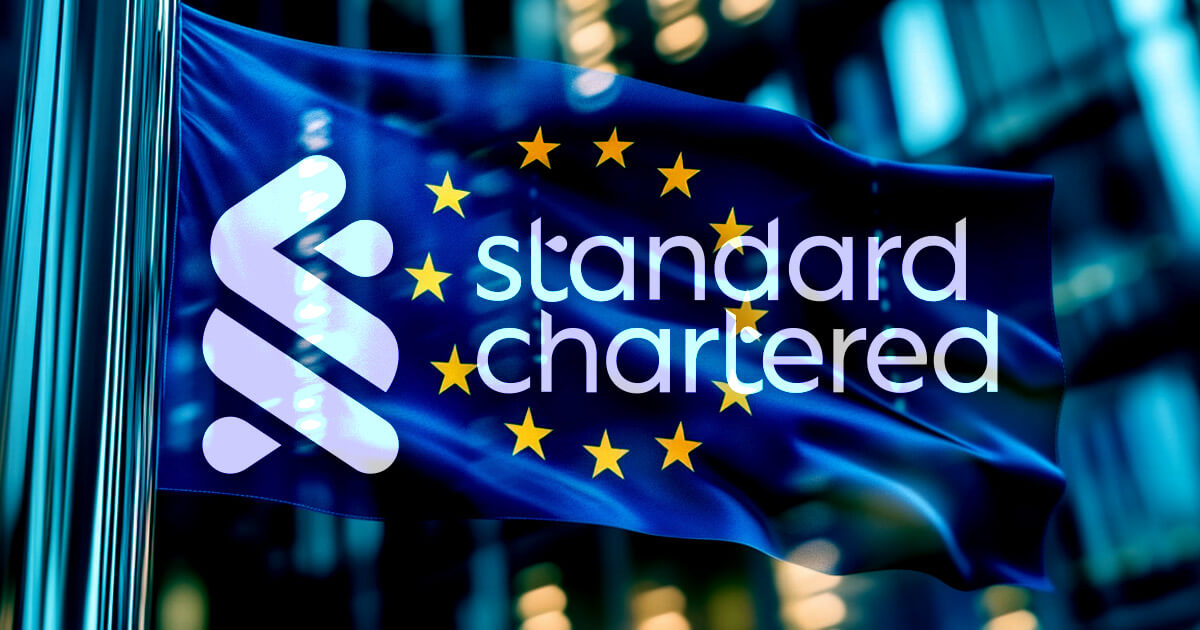Few in the crypto community were surprised when the SEC denied Coinbase Global’s petition for the U.S. agency to urgently create regulations specific to cryptocurrencies, and in addition laid out no immediate plans for doing so.
The Commission — and the U.S. government more broadly — have already made clear through past statements and behavior that they intend to regulate crypto through blunt enforcement rather than clear legislation and guidelines.
This is a tragic outcome, not just for those like myself who operate crypto-related businesses, but for Americans who want freedom and peace of mind as they participate in this emerging monetary system.
A shift in tone
The discussion around this issue was quite different back in 2021. At the time, the SEC reviewed and approved the initial public offering for leading U.S. cryptocurrency exchange Coinbase
COIN
.
Now the regulatory agency is taking a markedly different approach. This March, the SEC formally told Coinbase that the company was in violation of U.S. securities laws and that its trading operations potentially would be shut down.
It’s hard to tell what is driving the SEC’s hardline position, but what is clear is that the commission is determined to reinforce the system through enforcement, leading to inconsistent outcomes and general confusion.
Cryptocurrency is a tool that can be developed to provide an array of functions. They can’t all just be lumped together as securities; different services must be regulated based on what each of them do. The SEC’s regulatory strategy simply won’t work here.
Another FTX?
Already, Bittrex, Nexo, Binance and other crypto firms have been apprehensive about operating in the U.S. due to lack of clarity around regulations. That’s about to get even worse.
Historically, the U.S. has established industry regulations first, and the rest of the world adapts. Now that’s happening in reverse. With companies fleeing to locations with clearer regulations such as Dubai and Singapore, U.S. regulators will be left playing catch-up.
You can guess what that means: Less protection for consumers. This is of particular concern for the trade of more complex futures, options and perpetual contracts, where a lack of guidance from regulators has led to outright confusion.
The FTX collapse is the obvious example of what can happen when exchanges go overseas (in this case, the Bahamas). With U.S. regulators unable to implement rigorous reporting standards and oversight over procedures and control systems, billions of dollars have disappeared.
If the SEC won’t write new crypto-specific regulations, you can expect more of the same as unscrupulous operators continue their business without adequate scrutiny.
Complicating DeFi
The SEC’s choice to avoid crypto-specific regulations will also have a devastating impact on decentralized finance, or DeFi. Similar to cryptocurrency, DeFi is a tool that can be expressed in various forms. Without clear regulation, there’s a risk of all DeFi activity being treated as the same, which will stifle U.S. innovation in the space.
The appeal of DeFi is that it’s permissionless; like Napster from days of yore, users can directly transact with one another, borrow without a bank and lend without a broker. But in its openness also lies one of DeFi’s primary flaws: Because it’s impossible to know who is partaking in a given transaction, there’s no way to tell if it’s legitimate.
As DeFi continues to grow in popularity with individual and institutional investors, this will be a major barrier to participation. People simply looking to buy a coin might end up receiving one that has been stolen, hacked or in some way obtained illicitly. That might open them up to legal liability.
The missing regulatory clarity will also be a problem come tax time. Right now, there is little understanding among DeFi customers how their transactions should be filed on their returns. Holding tokens is one thing, but providing liquidity through yield farming and receiving financial rewards, for example, is much more difficult to classify.
Falling behind
The mere possibility of such scenarios is likely to stifle crypto innovation in the U.S. And as debacles akin to the FTX collapse become more visible in the public eye, investors understandably will fear taking part in what could otherwise be a thriving industry.
We can only hope that U.S. regulators take a more proactive approach. If they do, they’ll have plenty of existing regulatory framework to use as models. They’ll find willing partners in the crypto community, most of whom want to grow stable businesses and move technological advances forward.
The European Union, U.K. and United Arab Emirates all recently laid out regulatory frameworks for crypto trading. The SEC should start thinking about crypto on an international scale and do the same.
Failure to do so could mean serious consequences for America. That’s a shame, given the strength of the country’s capital and talent pools. If regulators don’t want the U.S. to lag the rest of the world, it’s time to step up and design regulations that make crypto a safe and dynamic place for all.
Maxim Galash is the CEO of Coinchange.
Also read: ‘Crypto is dead in America.’ How FTX’s collapse instigated a Biden crackdown on the digital-asset sector.
More: Coinbase CEO says company will stay in U.S. and fight ‘anticrypto’ SEC in court
Credit: Source link















































